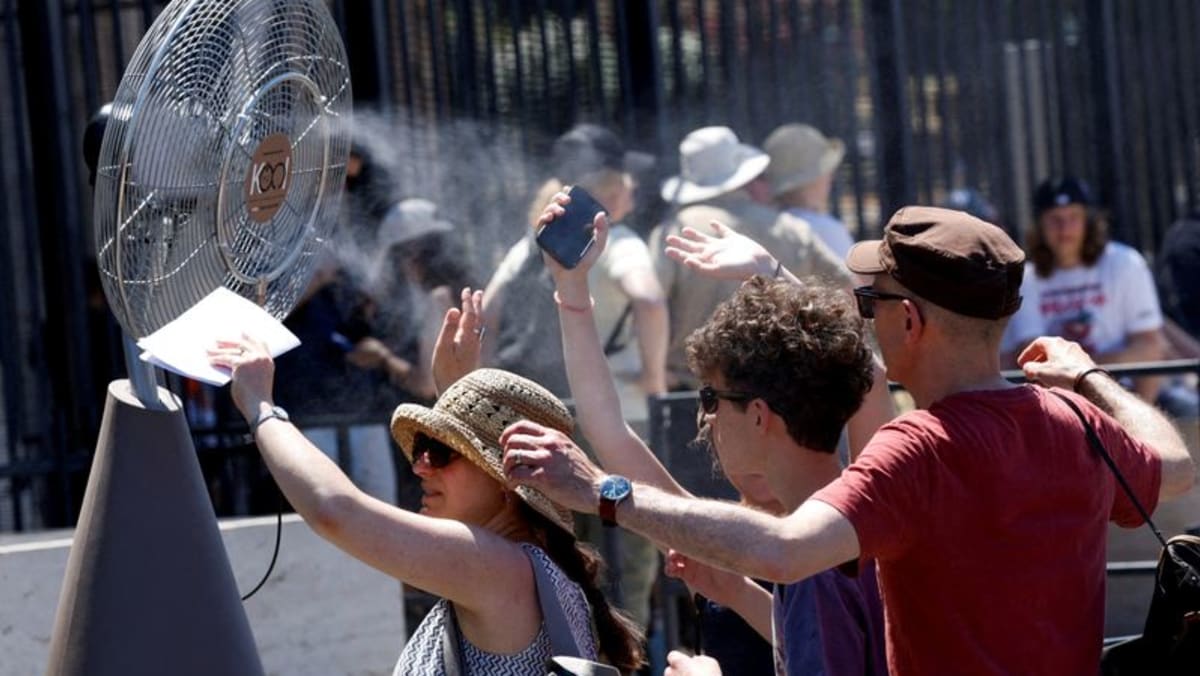The WMO said early warnings and coordinated action plans were crucial to protect public safety, and meteorologists were getting better at both.
“As a result of human-induced climate change, extreme heat is becoming more frequent, more intense. It’s something we have to learn to live with,” Nullis said.
She added, “What can we expect in the future? More of the same, even worse.”
Meanwhile, the International Federation of Red Cross and Red Crescent Societies said its national teams had mobilised across Europe to help people cope.
“Volunteers are giving out water and checking on the most vulnerable populations, including people experiencing homelessness, older people, and outdoor workers,” IFRC spokesman Tommaso Della Longa told the briefing.
“Extreme heat doesn’t have to be a disaster: knowledge, preparedness and early action make all the difference.”
